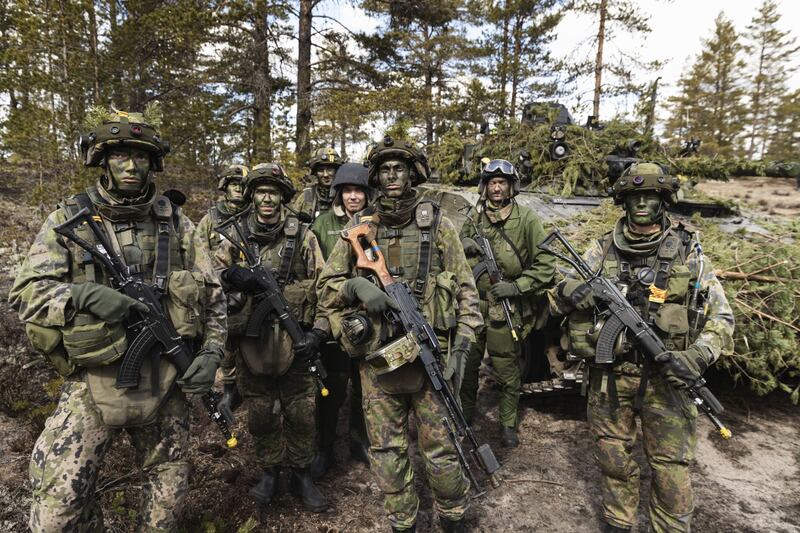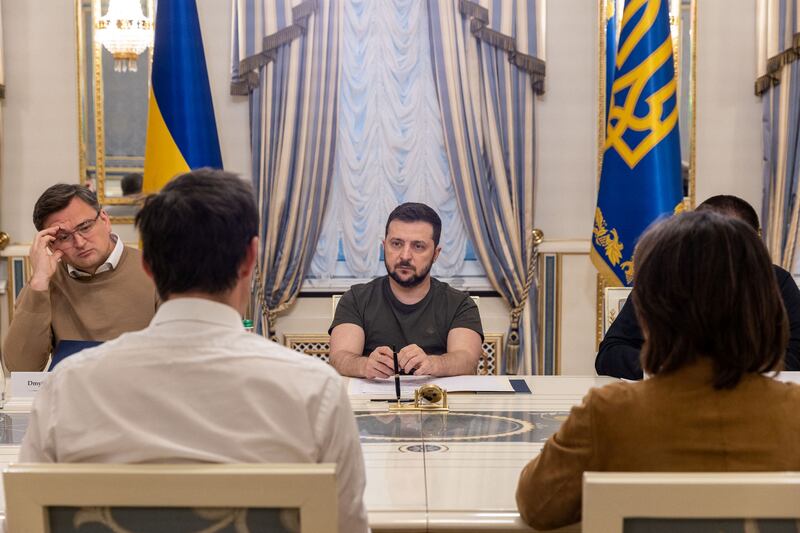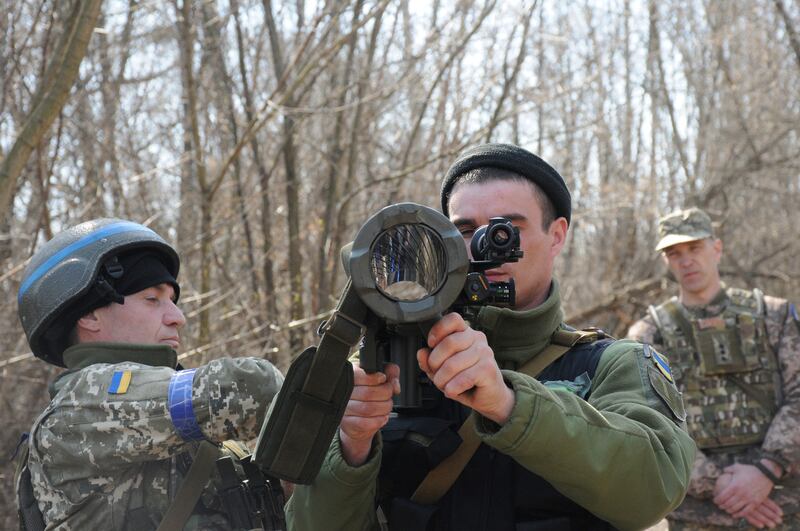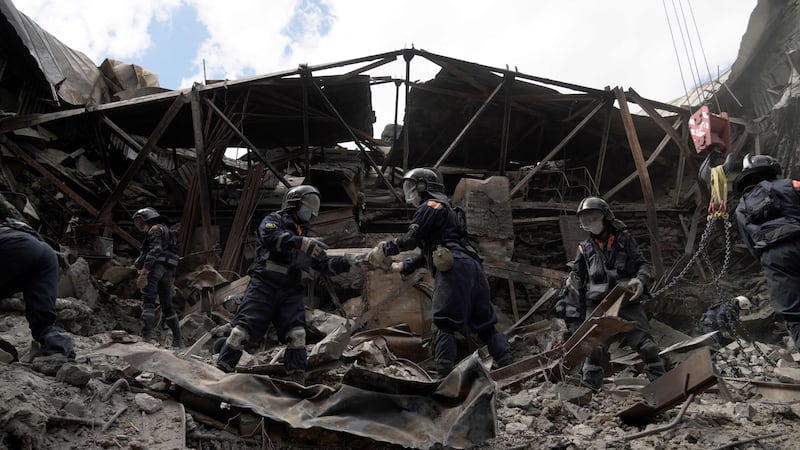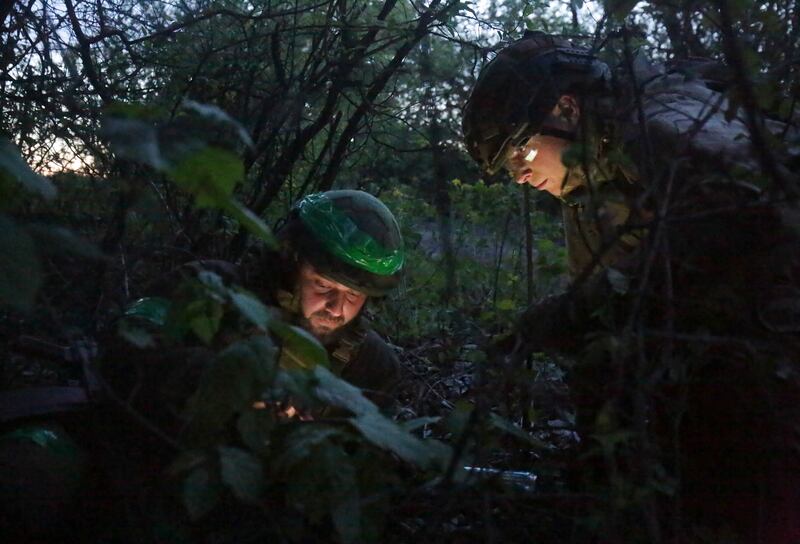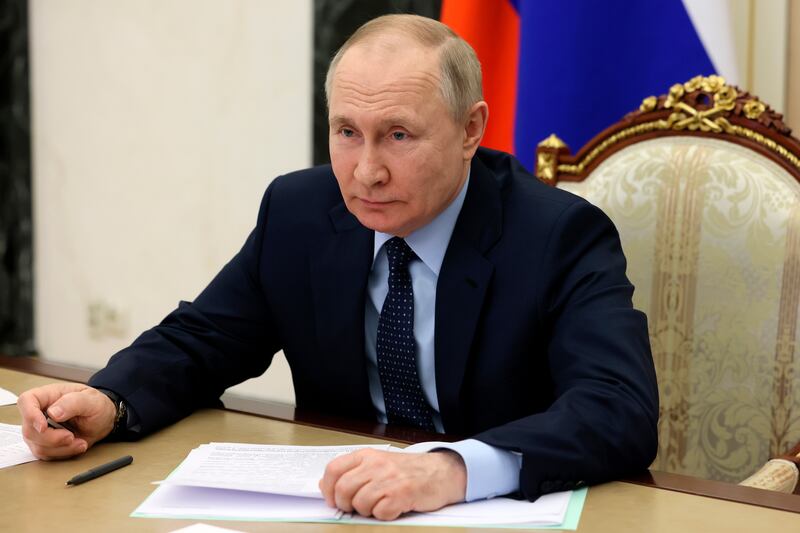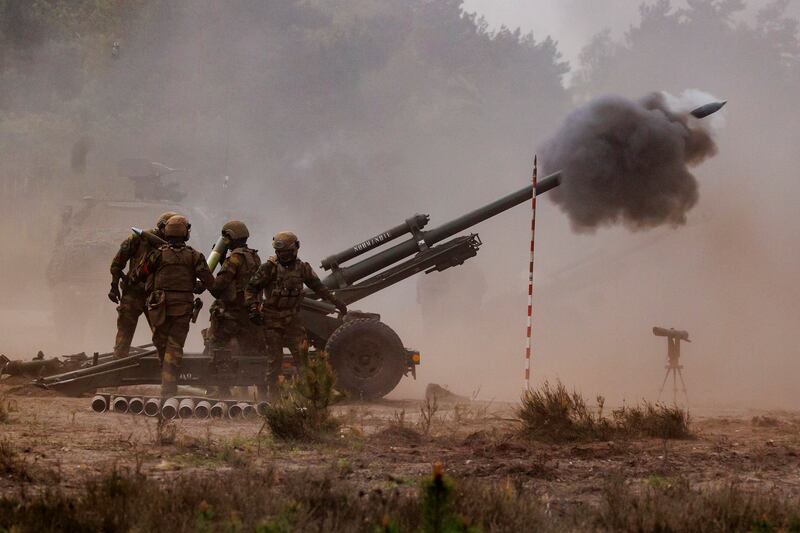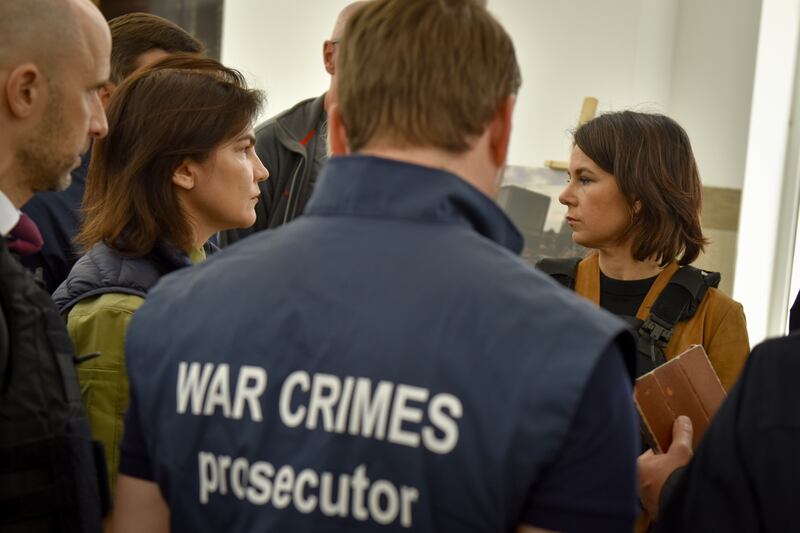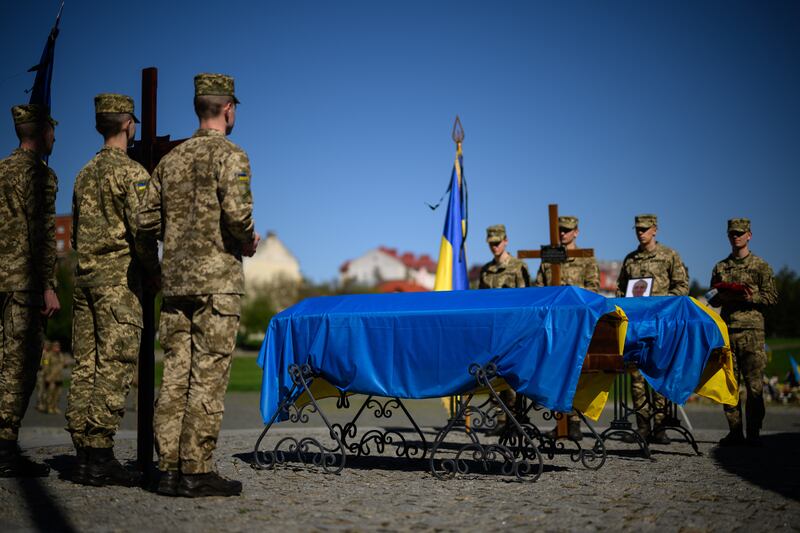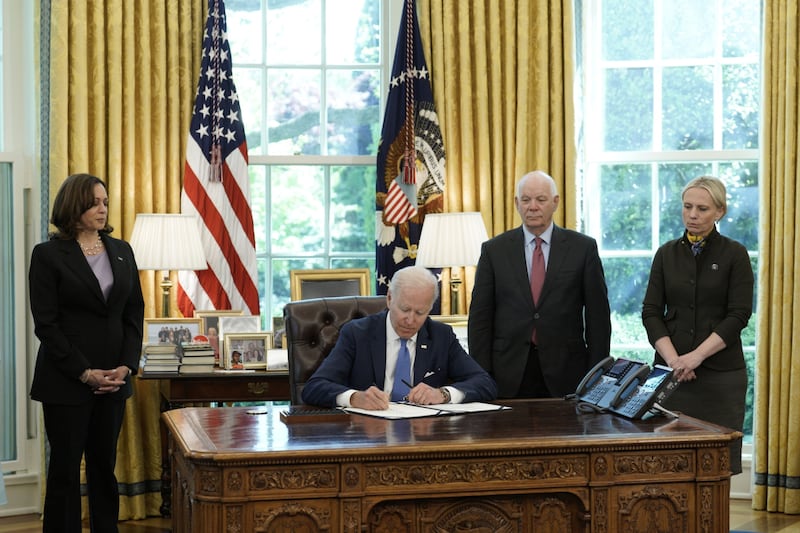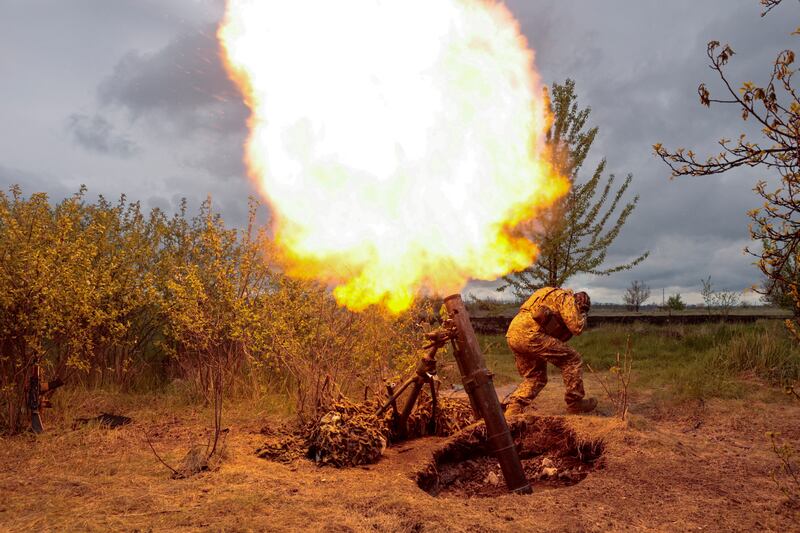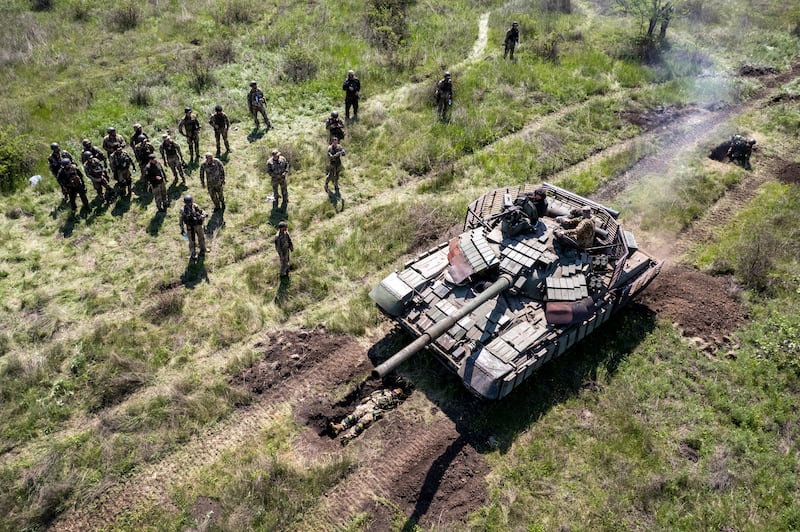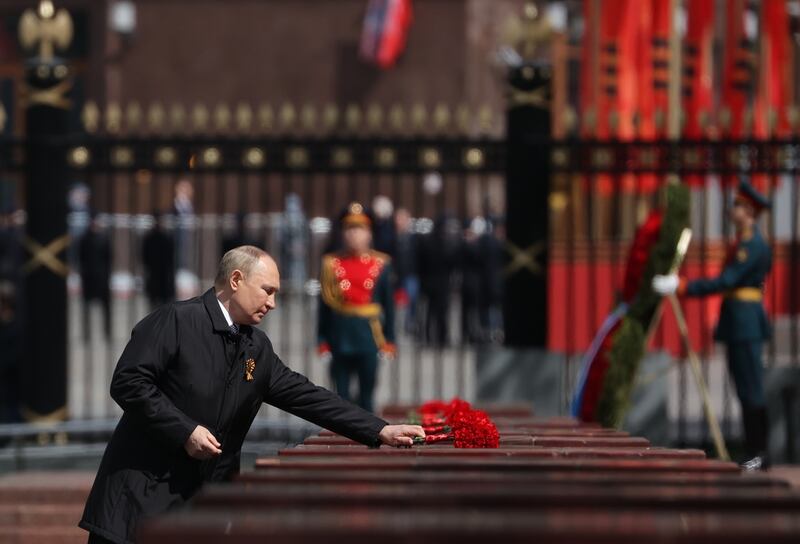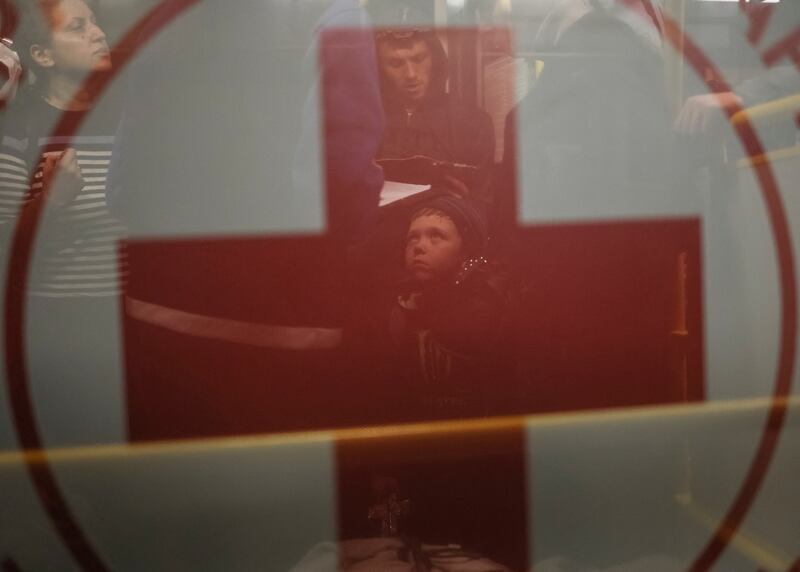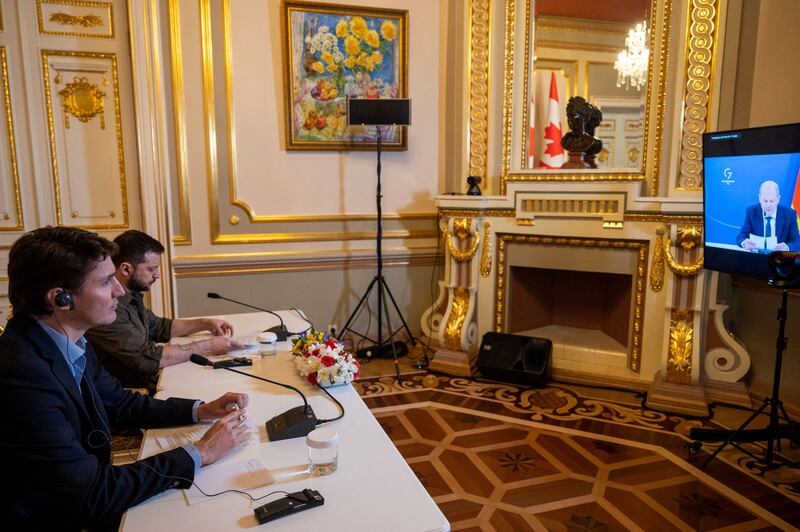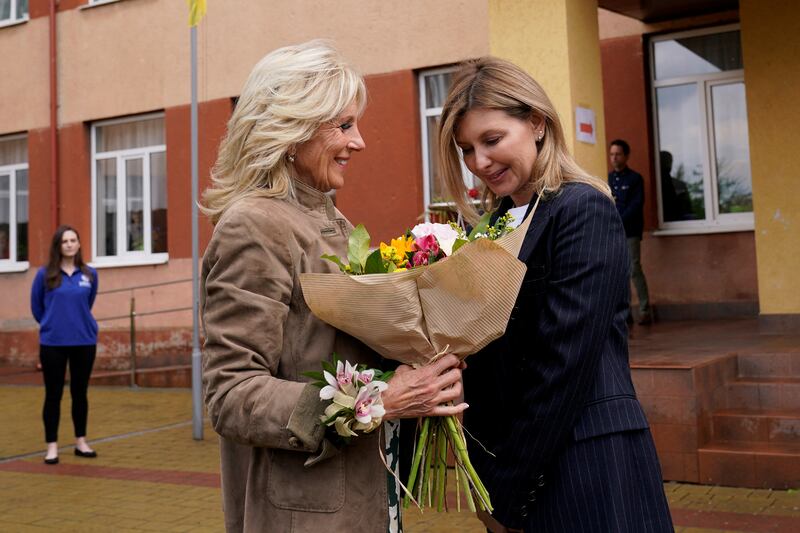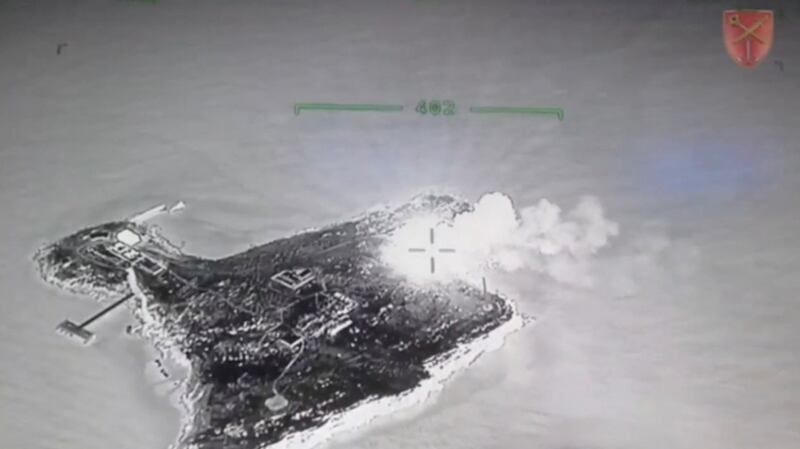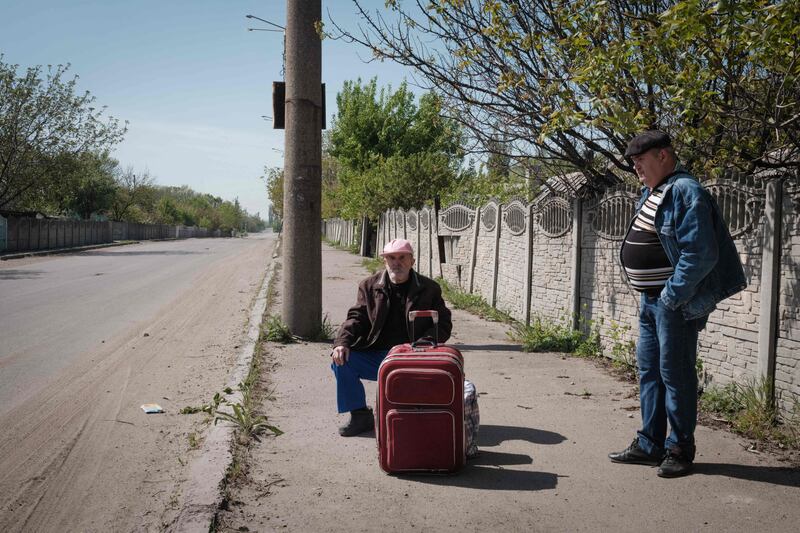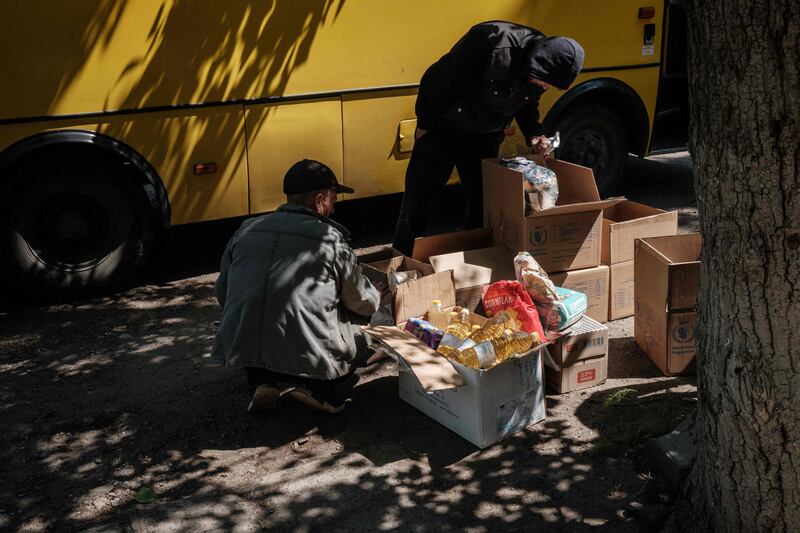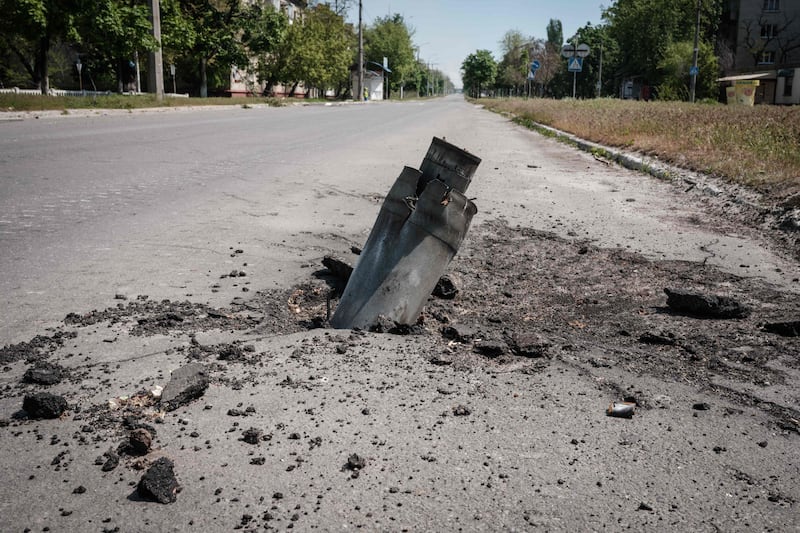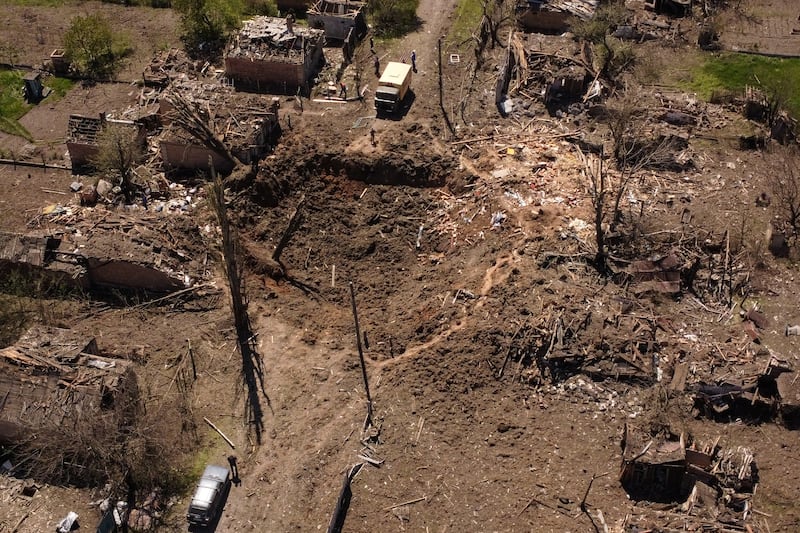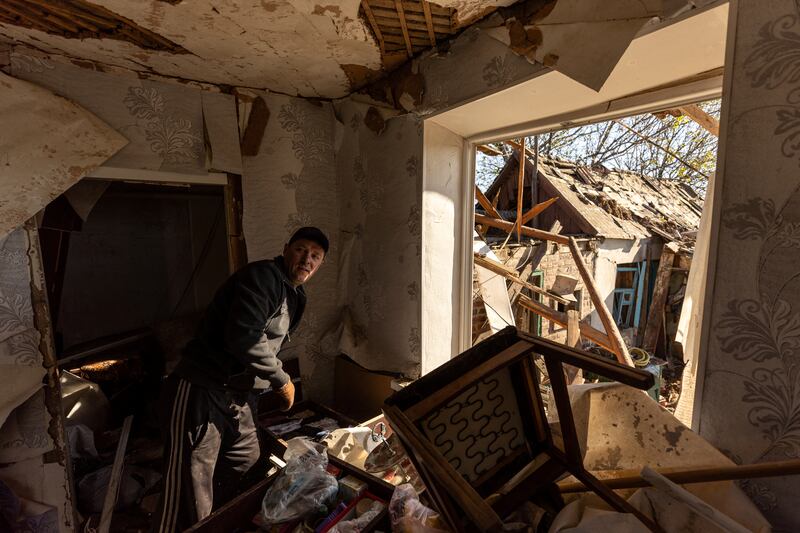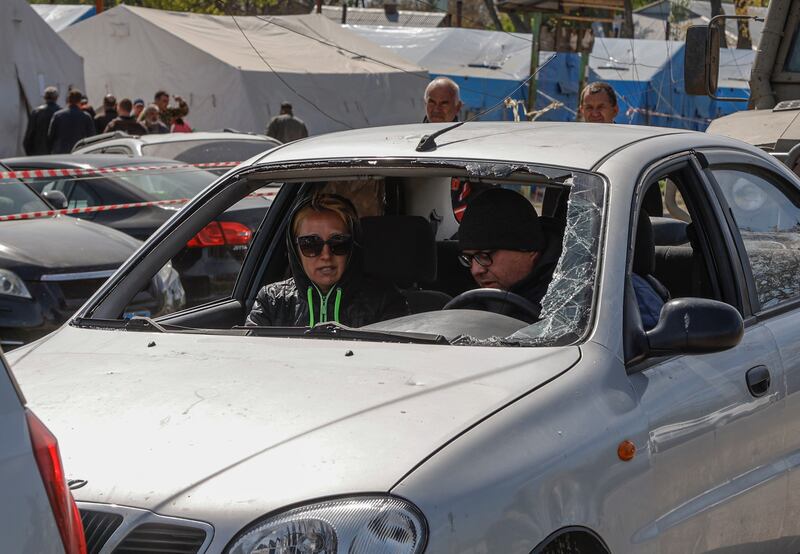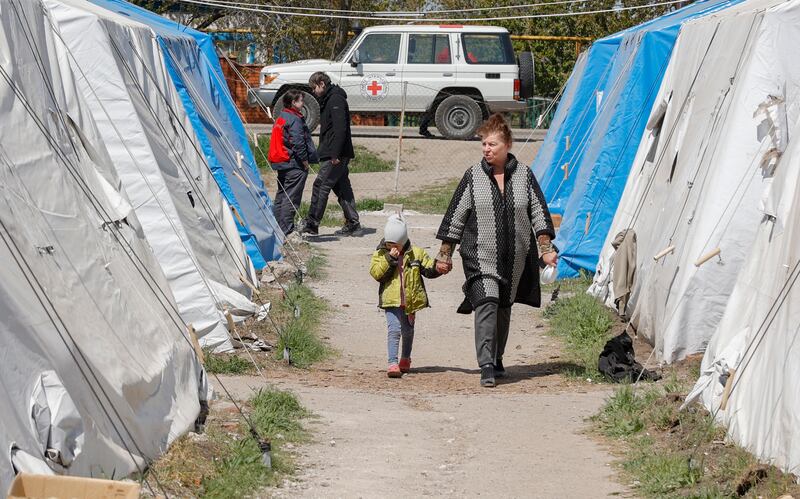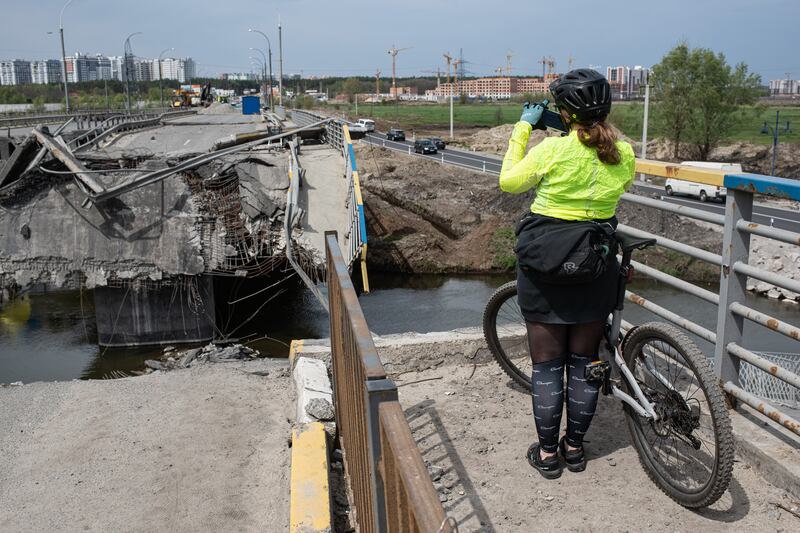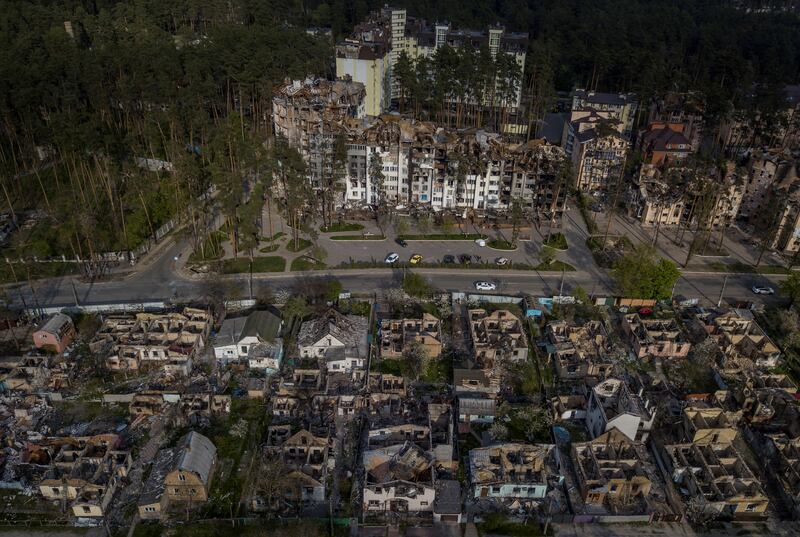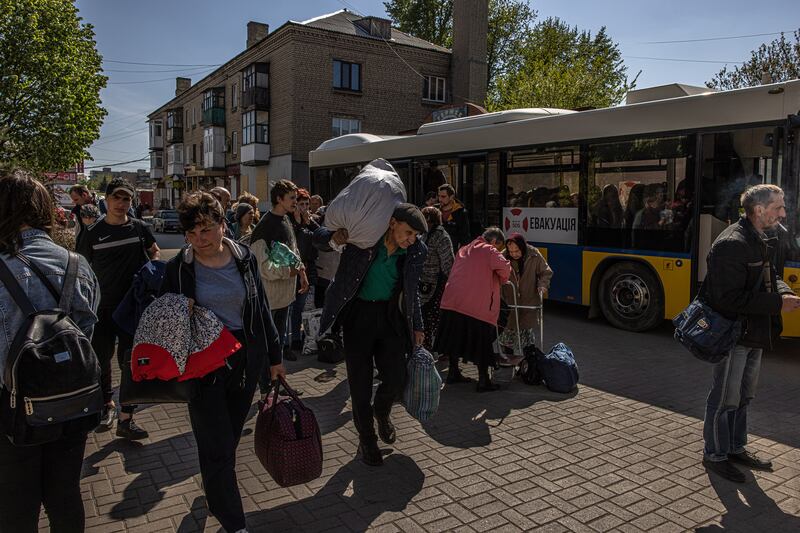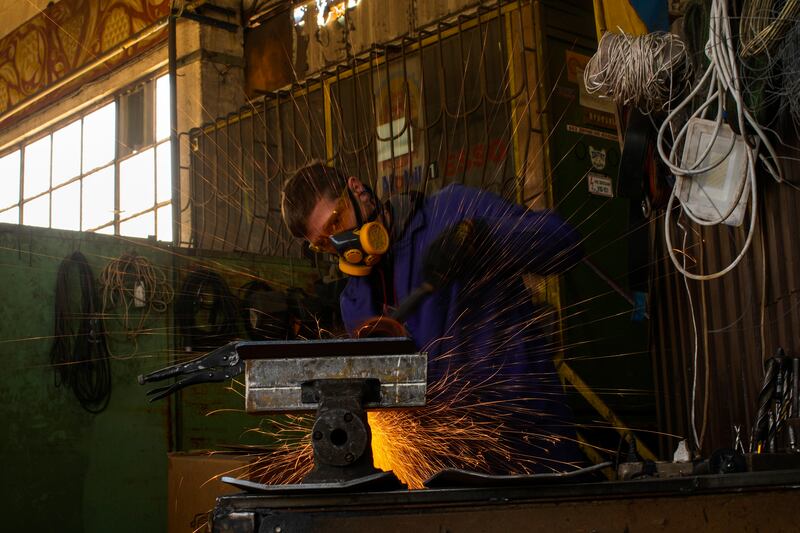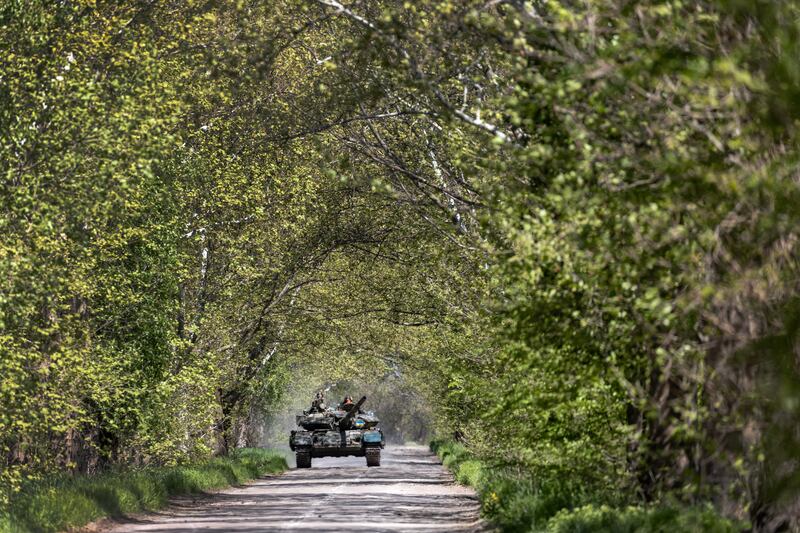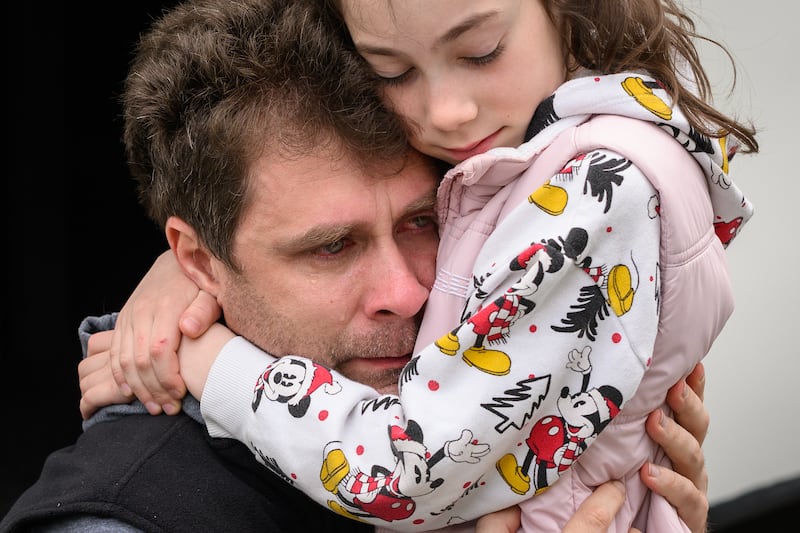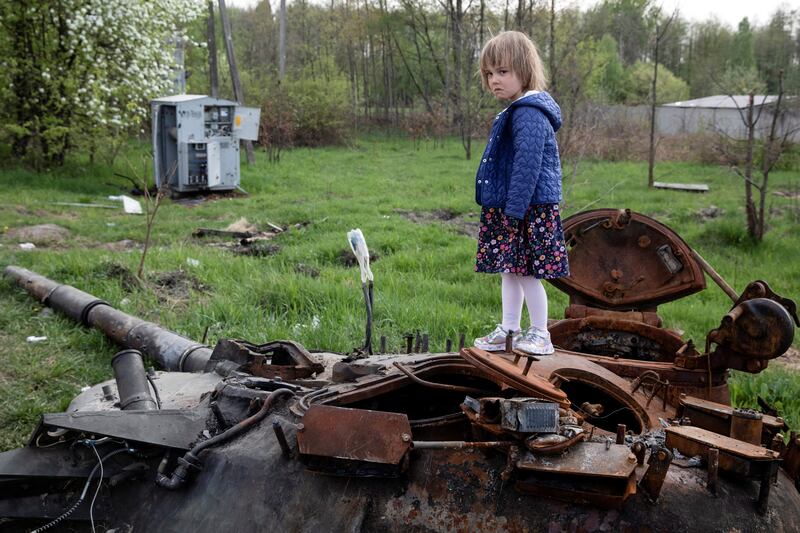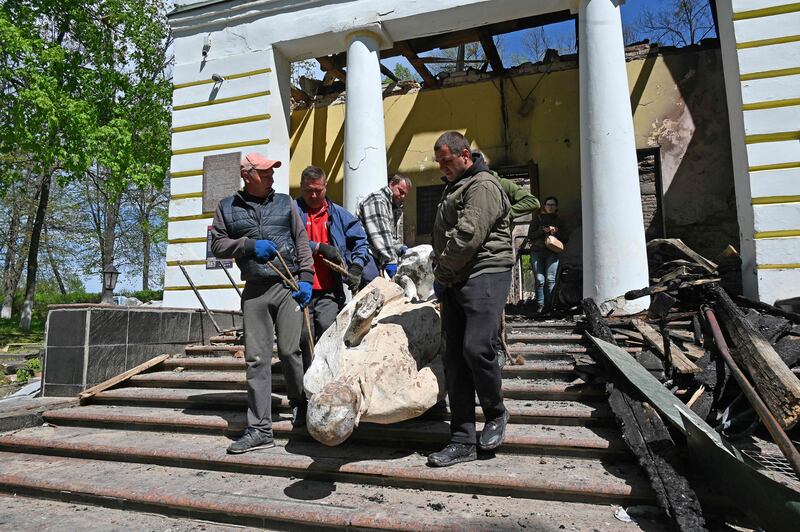Live updates: follow the latest news on Russia-Ukraine
Finland and Sweden’s expected applications to join Nato will prove “hugely symbolic” by dividing Europe into separate security zones, leading analysts have said.
Russia will now be confronted with hostile states stretching from the Arctic down to the Black Sea and potentially leading to future confrontation, strategy experts have told The National.
But the inclusion of the two Nordic countries will significantly boost the alliance’s military strength, with both possessing highly capable militaries and “very, very good soldiers”, said Ed Arnold of the Rusi think tank.
“This is a very political time for the alliance, showing that it's still relevant, gaining new members who are strong in defence and security,” he added. “This is not just a military decision, it's a hugely symbolic political move.”
With Russia haemorrhaging troops and equipment during the Ukraine invasion, Moscow is unlikely to be able to retaliate in the short term. This is because Russia has withdrawn forces from the 1,340-kilometre Finland frontier to fight in the war.
There have been intelligence warnings that President Vladimir Putin may attempt cyber attacks on Stockholm and Helsinki.
“He’s clearly brought this upon himself, proving that he’s the greatest recruiting sergeant for Nato,” said Dr Alan Mendoza, director of the Henry Jackson Society think tank. “Russia has repeatedly invaded non-Nato countries so it stands to reason that having seen the destruction in Ukraine, Finland and Sweden want to reverse their historic position of neutrality.”

Sweden's ruling Social Democrats will decide on Saturday whether to overturn decades of opposition to Nato membership, the party said on Monday, a move that would almost certainly lead to Sweden asking to join the 30-nation alliance.
It is expected that on Thursday, Finland’s President Sauli Niinisto will formally call for the country to join Nato, a move that will begin the accession process that could take up to a year.
Mr Niinisto's announcement would trigger what is likely to be a hectic couple of weeks during which the map of northern Europe's security architecture could be redrawn.
Given that Mr Putin is believed to have envisaged overwhelming Ukraine in just a few days with the West’s eventual acceptance, the retrenchment of Nato at Russia’s border is likely to be seen as another catastrophic outcome of that miscalculation.
“Russian behaviour shows how aggressive they are against their neighbours and how expansionist their mindset has become under Putin,” said Mr Arnold, the expert on European security at Rusi. “The governments of both countries are exceptionally concerned as these are two quite vulnerable nations not covered by the Nato Article Five security guarantee.”
If Sweden and Finland are successful — and there is always the threat of veto from one of Nato’s 30 members — then they will be covered by the Article 5 convention that an attack on one is an attack on all.

Dr Robin Niblett, director of Chatham House think tank, said that the application confirmed “we really do have a divided Europe” with a “new form of clear division”.
“It is a positive Sweden Finland joining not a negative,” he told The National. “It just makes explicit what was previously existed”.
But it would also confirm for Mr Putin the need to bring Belarus more firmly under his control and for a “hard border” across Ukraine that was bigger than the pre-24 February boundary.
Dr Niblett also raised the “very worrying” threat of a “spillover” into Georgia, which Russia previously invaded in 2008. He added that it also “tied American security from across the Atlantic into Finland and Sweden” at a time when the US was attempting to focus on the China threat in the Pacific.
Brig Ben Barry, of the IISS think tank, said it was “another negative strategic development for Russia” in which “Mr Putin has essentially strengthened Nato”.
“This is a net advantage for European security and a net disadvantage for Russia, along with the many other consequences of their attack on Ukraine,” he added.
There is also a strong argument that the move could affect sensitive issues in the Arctic. The Arctic Council, which largely governs the territory containing vast amounts of minerals, will now have seven out of its eight members belonging to Nato.
“The eighth being Russia,” said Mr Arnold. “The Arctic could be re-militarised in a way that it hasn't been since the Cold War at a time when there's more need for discussions on security and governance and cooperation on a range of issues. This could start to have wider repercussions, particularly on climate.”
Dr Mendoza said that it might “shore up” the Arctic Circle area and northern perspective, while helping the alliance “span the entirety of the European continent from Turkey Greece upwards”.
He added that the move was a warning to others contemplating invading sovereign states. “For countries such as China, I think that it simply shows the costs of aggression and is a salutary lesson of the likelihood that if they move against another country there will be a reaction and it will lead to alliances,” he said, referring to Taiwan. “It’s a lesson not to interfere with the international order by force.”
